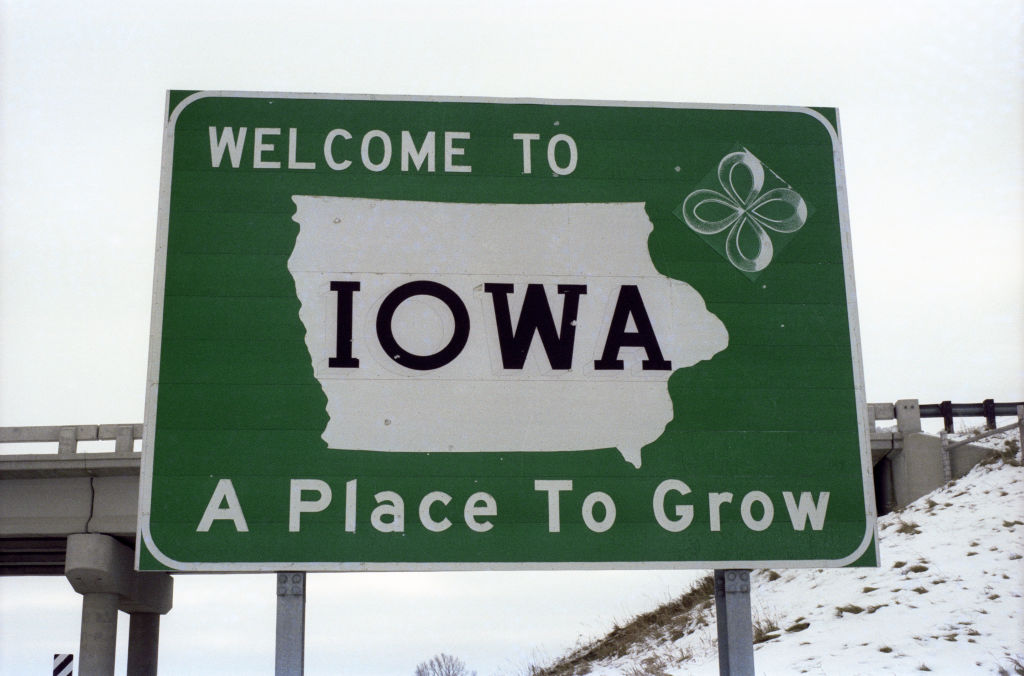During his final State of the Union address last month to a joint session of Congress in Washington, D.C., President Barack Obama said that the U.S. is on track to eliminate new HIV/AIDS transmissions by 2020.
The federal government and states like New York have developed steps and strategies to end the epidemic through recent medical advances that have been driving down infection rates and improving quality of life in some U.S. demographic groups.
But the information is failing to reach activists, religious leaders and other stakeholders who can help address the scourge of HIV/AIDS at the grassroots level in African-American communities, C. Virginia Fields, president and CEO of the National Black Leadership Commission on AIDS (NBLCA), told NewsOne.
The group, a not-for-profit organization designed to fight HIV/AIDS and other health disparities, convened a daylong forum of experts Thursday at the Schomburg Center for Research in Black Culture in New York City’s Harlem community to address the current science of HIV/AIDS and identify the steps needed to end the epidemic in line with federal and state 2020 action plans.
The forum was held ahead of Sunday’s National Black HIV/AIDS Awareness Day, which was first observed on February 7, 1999. The theme of this year’s National Black HIV/AIDS Awareness Day is “I Am My Brother’s and Sister’s Keeper: Fight HIV/AIDS!”
According to NBLCA:
“Among the accomplishments factoring into President Obama’s statement about HIV/AIDS are the passing of the Affordable Care Act and the establishment of the National HIV/AIDS Strategy.
“The Affordable Care Act has already expanded coverage to millions of Americans, including those with pre-existing conditions such as HIV/AIDS. It has also broadened eligibility requirements for Medicaid, which is the single-largest payer of HIV care in the United States.
“Meanwhile, the National HIV/AIDS Strategy was established in 2010, and extended to 2020 last year. The aim of the plan is to make America a place where ‘new HIV infections are rare and when they do occur, every person regardless of age, gender, race/ethnicity, sexual orientation, gender identity or socio-economic circumstance, will have unfettered access to high quality, life-extending care, free from stigma and discrimination.’
Despite advances in treatment and prevention, African-Americans are infected with HIV at eight times the rate of white Americans and accounted for 44 percent of HIV diagnoses in 2014, according to the Centers for Disease Control. Black gay men and bisexual men; Black women and men; and Black transgender women bear a particularly high burden of HIV infections.
Gail Wyatt, Ph.D., a clinical psychologist, sex therapist and professor in the Department of Psychiatry and Bio-behavioral Sciences at the University of California, Los Angeles, was a keynote speaker at the forum.
She said the stigma and cultural stereotypes about sexuality must be combatted in African-American communities to shift new infection rates. Wyatt noted that the dearth of information about HIV/AIDS treatment and prevention among African Americans is tied to institutional racism.
“An institution has been created to keep us oppressed,” she told NewsOne after the keynote address. “People are not unemployed because they don’t want jobs. That is outrageous. People want to work, have a place to live and some kind of income so they can have a quality of life. And they need an education. Those are the basic tenets of life that have not been available to African descendant people for as long as we’ve been here.
Institutional racism takes different forms, she said, including forcing people to live in oppressed areas where there is high-crime, high-police brutality, poor schools and segregated housing.
“There are ways to keep people out [of the status quo] and there are ways to keep people sick,” she said. “And those things that things that are keeping people sick are keeping people at risk for contracting HIV and AIDS. When people don’t have access to information, they don’t know how to care for their bodies. There are also disparities in medical treatment. Most doctors do not give African-American patients critical information, provide proper treatment or advise.”
Ronald Johnson, vice president of policy and advocacy at AIDS United in Washington, D.C., said that Black gay men have become fatalistic about contracting the virus and do not know about progress in treatment. As a result, a 20-year-old black gay man has a 60 percent chance of contracting HIV by the age of 40, he told NewsOne.
“Too many young Black gay men think it’s inevitable that they are going to get infected so it doesn’t matter what they do or don’t do,” he said. “So they engage in behavior that increases their vulnerability. It speaks to living out that fatalism, which creates the statistic, which fuels the fatalism. We have to look at intervention, but it’s not just HIV. It’s jobs, education and mental health.
“We have to work on all of this if we want to see progress in the treatment and elimination of new HIV/AIDS infections in the African-American community,” he said.
It is estimated that nearly 500,000 African Americans are living with HIV.
SEE ALSO
The Death Rate Among Blacks With HIV Is Still Highest In The Nation
February Is American Heart Month: Here Are 4 Things You Should Know To Prevent Heart Disease























